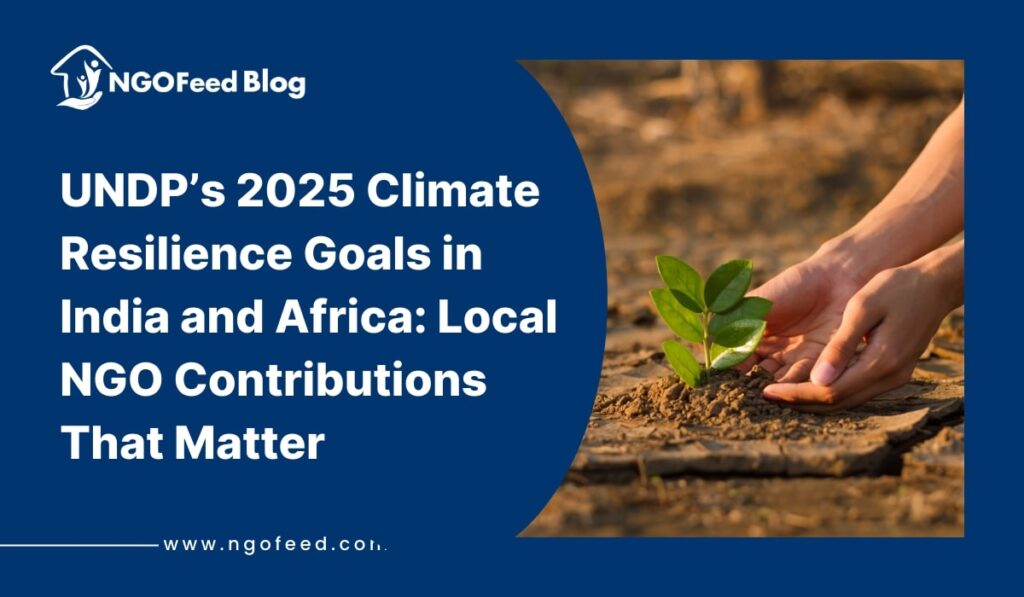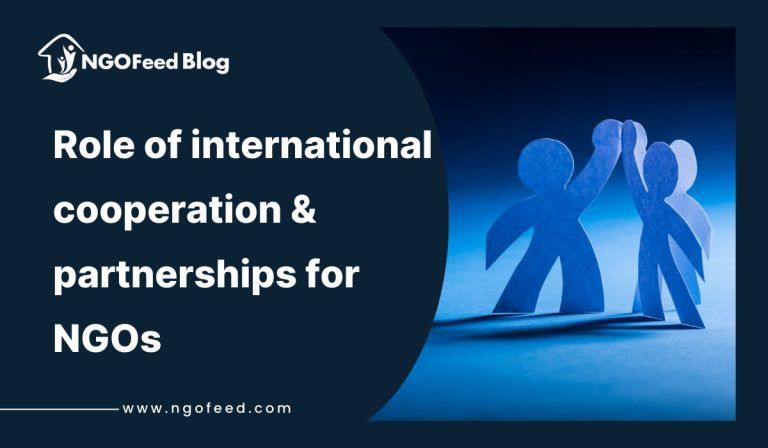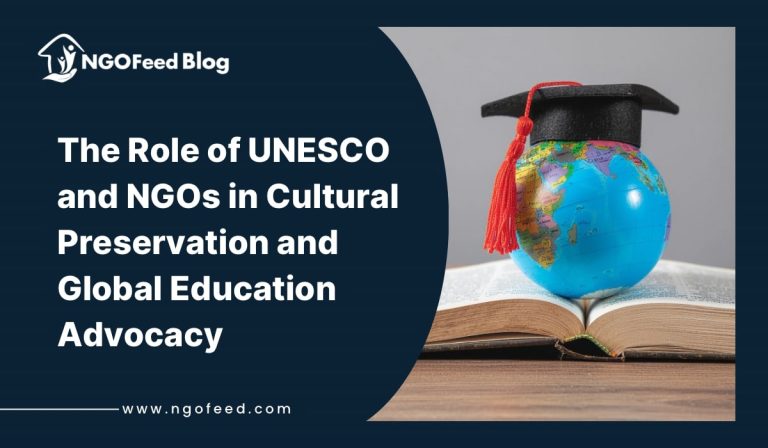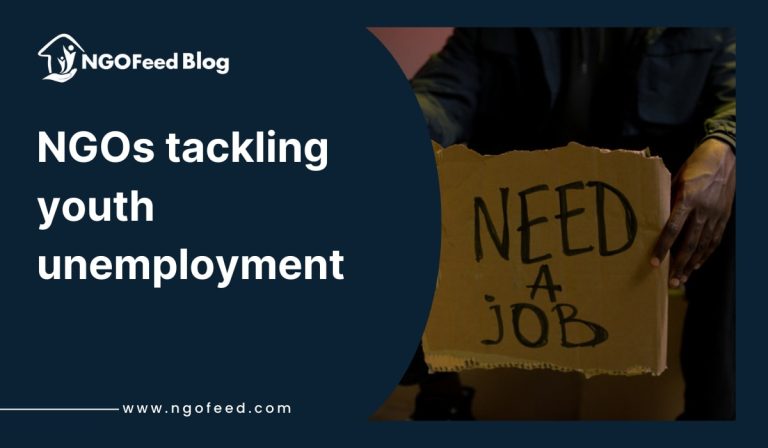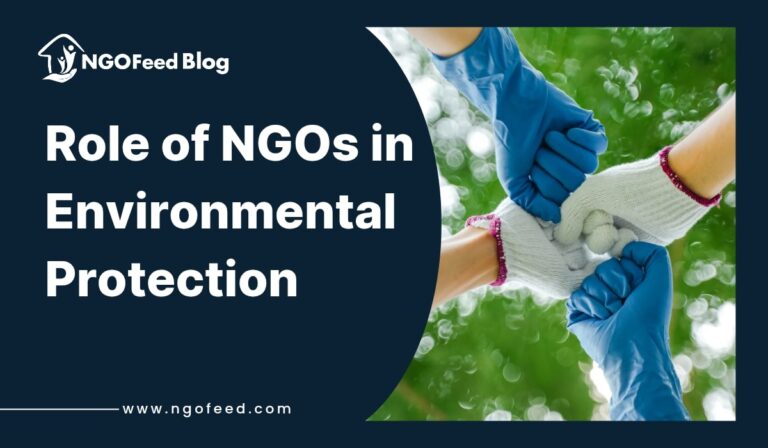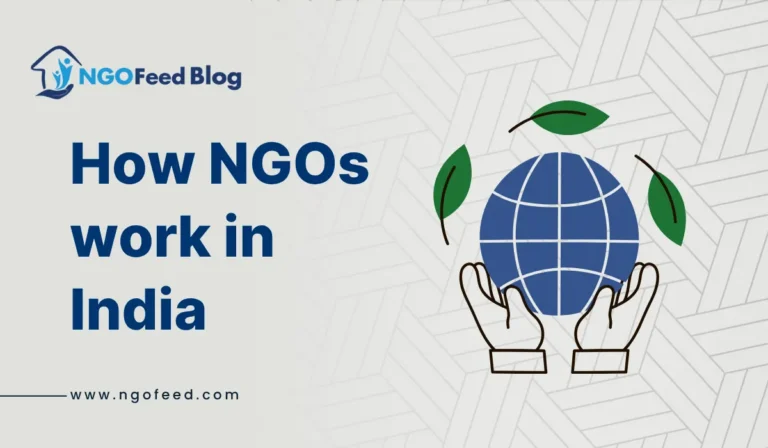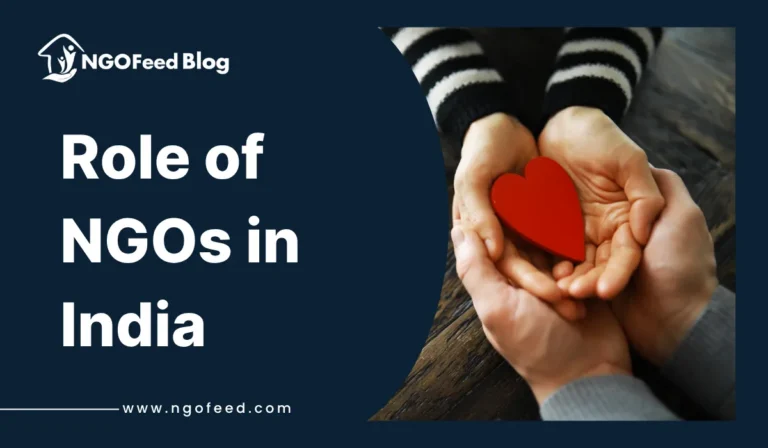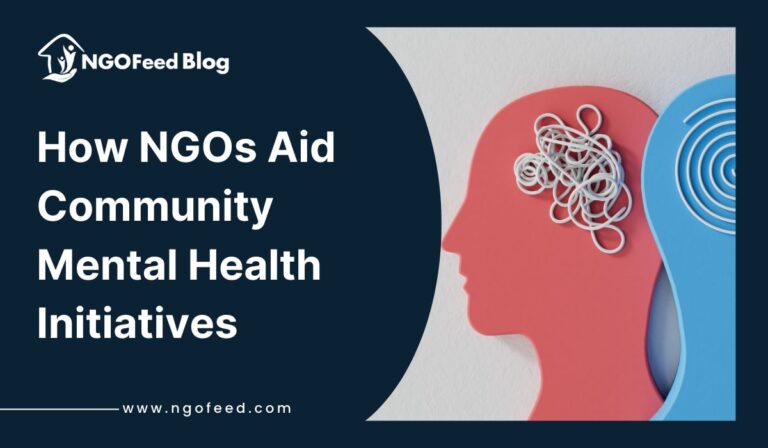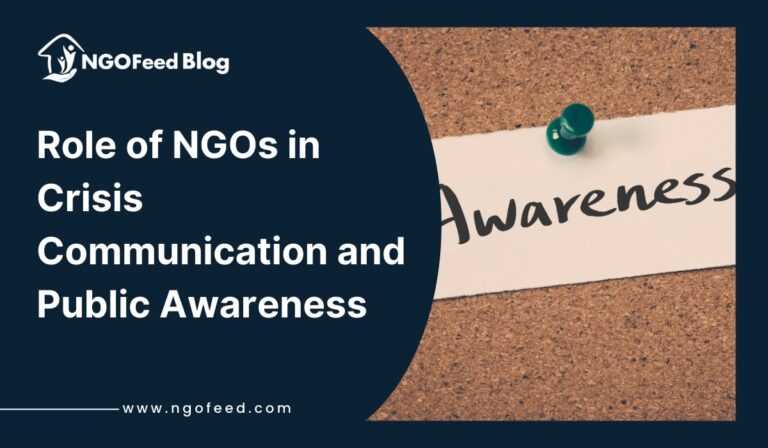UNDP India Research on Poverty Reduction and Climate Change Adaptation: Two of the most imminent developmental issues that have dictated the development path in India are poverty reduction and climate change adaptation. Severe weather patterns like floods, droughts, and extreme events cause climate shocks to the poor because they most often suffer the brunt of the shocks. Even when conditions change, this forces communities more into states of deprivation. In response to this pressing reality, the United Nations Development Programme (UNDP) India has been working on the implementation of comprehensive research to determine how to bring up avenues to intervention that would amalgamate poverty and climate resilience at the same time.
UNDP India, as a development partner, specifically researches on evidence-based measures that empower the communities and influence the policies on a national and state level. Through examination of the weaknesses of marginalised groups captured by women, small farmers and the indigenous people, the organisation demonstrates how climate change increases social and financial inequalities. Its studies include sustainable livelihoods, access to renewable energy, climate-resilient agriculture and new financing options in poverty reduction.
Also Read: Research by ActionAid India on Women’s Rights and Social Inclusion
To the NGOs and the grassroots organisations, the research is very valuable as the findings can be translated into practice. NGOs can reinforce future resilience and sustainable growth by aligning local initiatives with the results of UNDP so that no one would feel left behind. More critically, the study makes it clear that there are no distinct objectives to poverty reduction and climate adaptation–the two are complementary blocks of inclusive development.
UNDP India, through its research, still encourages teamwork, innovation, and change systems that are needed to establish a world where people live and the world survives.
Table of Contents
UNDP India Research on Poverty Reduction and Climate Change Adaptation
UNDP India pursues an integrated approach, in which it has acknowledged that there is a firm connection between poverty reduction and climate resilience. In responding to the climate change situation, the organisation recognises that the most affected group is the already poor and vulnerable, including small farmers, women, informal workers, and indigenous peoples; therefore, poverty alleviation efforts are not complete without considering the environmental risks. With research, policy advocacy, community and outreach functions, UNDP India not only makes development plans socially inclusive but also environmentally sustainable.
Also Read: Research Insights from the International Labour Organisation (ILO) on Child Labour in India
It is an approach that focuses:
- Sustainable Livelihoods: Investing in income generation through Climate Smart Agriculture, skills and green jobs.
- Access to Renewable Energy: Increasing access to clean energy that is affordable, so that there may be less reliance on fossil energy and empowering rural communities.
- Disaster Risk Reduction: Facilitating communities with adaptive strategies that keep the losses in case of floods, droughts, and extreme climatic situations to a minimum.
- Inclusive Governance: Enhancing representation of the marginalised categories of the population, in particular, women, in the process of making decisions on climate and policies in development.
This strategy can offer NGOs a useful model through which poverty and climate interventions could be designed. NGOs may leverage grassroots efforts in line with research based approaches implemented by UNDP to achieve greater impact, establish greater resilience in vulnerable communities, and help to achieve the Sustainable Development Goals (SDGs). The approach used by UNDP India indicates that climate resilience and poverty reduction are by no means two parallel tracks but rather two pathways that are closely intertwined in reaching sustainable and inclusive growth.
Key Research Areas on Poverty and Climate Change Adaptation
The study conducted by UNDP India on climate change and poverty reduction notes that there is an evident necessity to curb climate change and environmental threats to pave the way to sustainable livelihoods to the vulnerable population. The literature points out that climate change and poverty are two issues that are interrelated as climate shocks increase poverty and poverty constrains the capacity of communities to respond. In order to end this cycle, UNDP works on more feasible and evidence-based research which can be extended through policy reforms and community action. The important research regions:
Also Read: Role of WOCCU in India
- Climate-resilient Agriculture: Enhances crop diversification, water-efficient farming, and sustainable land management so as to make the small farmers resistant to climate variability.
- Sustainable Livelihoods: To enlist green job opportunities and training programs that can minimise poverty, but at the same time promote environmentally friendly behaviour.
- Access to renewable and clean energy: disseminating decentralised production of solar and wind power, and other clean technologies to provide rural and marginalised households with access.
- Disaster Risk Reduction and Preparedness: Research on how to tackle early warning systems, resilient housing in the community, and recovery planning.
- Inclusive Social Protection: Discussing opportunities to protect the poor against climate-related vulnerabilities through the mechanisms of the safety net, financial inclusion, and insurance.
To the NGOs, such research areas offer a guideline when planning interventions, which integrate interventions on poverty reduction and climate action. Through the expertise of UNDP, NGOs can maximise their influence in the grassroots arena, thus enabling the communities to be resilient in their endeavour of integrating climate change, adaptation, and recovery, as well as living in the pursuit of eradicating poverty as a driving force.
Impact of Research on Policy and Grassroots Action
The research conducted by UNDP India serves a twofold purpose: it serves to endow national and state-level policy being adopted and it also serves to endow grassroots interventions that directly benefit the vulnerable populations. The organization is able to present evidence on the nexus between poverty and climate risks to enable the policymakers to develop inclusive strategies that are aligned with the Sustainable Development Goals (SDGs). As a case example, the government initiatives to promote sustainable agriculture by providing balanced fruits and vegetables, rural electrification and by uplifting the small-scale business persons are informed by research findings on climate-resilient agriculture and availability of renewable energy.
Also Read: Role of NGOs in Development
The developments have taken place at the policy level, where the ideas provided by UNDP led to the adaptation of climate adaptation into the poverty reduction plans to be sure that the development plans factored in the dimensions of environmental risks. This has enhanced the environmental protection systems and have improved keen emphasises on resiliences in disaster management policies.
On the ground level, NGOs and community based organizations enjoy the knowledge sharing networks and piloting projects of UNDP. Research is also converted into operational models as in livelihood diversification, community-control renewable energy systems, and local preparedness plans on disasters. The models appear as templates in guiding NGOs to do the same, but in the different areas.The effect kicks in as a combination of two perspectives: evidence-based policy on the one hand, community-based implementation on the other. During the next stage, it opens capacities to new opportunities of the partnership between NGOs and UNDP, the utilisation of its research projects to develop and implement evidence-based solutions, converting them into practical benefits influencing lives and climate resilience.
Challenges and Opportunities for NGOs in Advancing
UNDP India Research on Poverty Reduction and Climate Change Adaptation: To the NGOs involved in poverty reduction and climate change adaptation, the way ahead is not smooth sailing. Though grassroots organisations are instrumental in bringing the policy to the community action, they also have been known to go through certain systemic roadblocks, which makes their reach and effectiveness smaller.
Also Read: Role of CIFOR in India
The outstanding issues are:
- Resource constraints: numerous NGOs face the challenge of not having sufficient funds, which hinders the capacity to scale the effective climate-resilience and poverty-reduction models.
- Complex policy systems: Government policies can be an idea developed in a complex bureaucratic way that can be turned down into a local workable program.
- Intersectional vulnerabilities: Women, small farmers and marginalised peoples are also exposed to the compounded issues, which necessitate multi-sectoral responses to the problems.
- Climate uncertainty: Natural calamities and climate variability render it more difficult to maintain long-term alleviation policies on poverty by NGOs. Simultaneously, this opens up big opportunities:
- Take advantage of research: The research done by UNDP India gives evidence-based tools that can be adjusted to local conditions by NGOs.
- Partnerships and collaborations: The relationships with governments, the private sector, and international agencies can increase their resources and powers.
- Grassroots innovation: NGOs have an opportunity to drive grassroots solutions for climate adaptation, microfinance, community-based energy cooperatives, women-led self-help groups and other forms.
By harnessing their activities to the evidence-based frames used by the UNDP, NGOs can convert purpose to opportunity so that poverty reduction, climate resilience become synergic foundations of sustainable development.
Also Read: Role of UN-Habitat in India
Frequently Asked Questions (FAQs)
Why is it that UNDP India aims at poverty reduction and adaptation to climate change at the same time?
Considering that reversed cases of climate change favour the poor and vulnerable societies, UNDP India has incorporated the two realms to make development strategies inclusive and sustainable.
What are the major research topics of UNDP India in this area?
The research areas of UNDP concentrate on climate resilient agriculture and sustainable livelihoods, access to renewable energy, disaster risk reduction and social protection of vulnerable groups and inclusive social protection.
What is the impact of the research done on UNDP India on the policies of the government?
The results of research can be used to support the national and state policies to achieve a balance in climate-resilient measures to build long-term resilience in the poverty alleviation programs.
What is there in the research that NGOs can use?
The evidence-based insights available at the UNDP can be used to help NGOs develop interventions at the grassroots level, increase control of community-driven solutions and help the NGOs work in support of the national development.
How do NGOs majorly struggle in this region?
These are potential barriers like a lack of resources, multi-layered policy structures, the vulnerabilities of marginalised populations, and the uncertainty of the climate effects. Nonetheless, there are opportunities in the form of partnerships, innovation, and utilisation of international research

